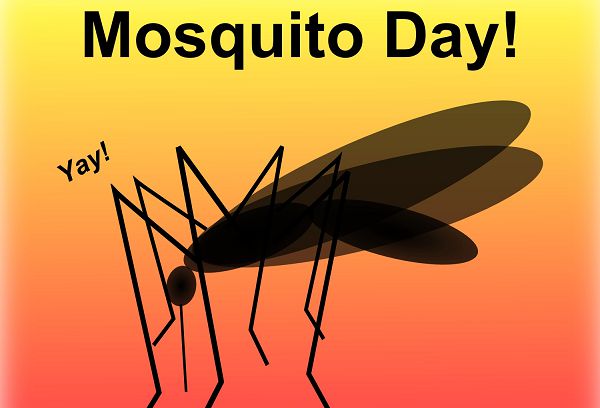
Mosquito Day should push us to act
Since the 1930s, the London School of Hygiene and Tropical Medicine has been commemorating World Mosquito Day annually with events such as parties and exhibitions, to raise awareness of the threat of malaria and other diseases transmitted by mosquitoes.
The day was instituted to celebrate British doctor Sir Ronald Ross’ 1897 discovery of the link between mosquitoes and malaria transmission.
Unlike World Malaria Day, which is celebrated annually by many countries in the world on April 25, little is known about the celebration of World Mosquito Day.
The day, according to the international body, the London School of Hygiene and Tropical Medicine, is used to raise awareness of the causes of malaria and how it can be prevented.
It is also used to raise funds for research into the cure for malaria.
The day also offers an opportunity to celebrate the work done by scientists the world over and their achievements in malaria control.
Mosquito-borne diseases or illnesses are caused by bacteria, viruses or parasites transmitted by mosquitoes.
Information from the London School of Hygiene and Tropical Medicine states that nearly 700 million people globally get a mosquito-borne illness each year, resulting in over one million deaths.
Also the World Mosquito Day is used for awareness creation of some diseases transmitted by mosquitoes which include dengue fever, yellow fever, filariasis, tularemia, dirofilariasis and Zika virus, as well as newly detected Keystone virus and Rift Valley fever.
Ghana, like many malaria-endemic countries, does not commemorate the day nationally.
However, this year, the celebration has gained a bit of popularity with some media houses giving prominence to the event.
The Daily Graphic highlighted the event with interviews from some communities endemic with malaria, as well as what the National Malaria Control Programme (NMCP) was doing to eradicate the disease from the country.
The stories were aimed at creating awareness of the day and calling on others to also help in hyping the day.
We note the nuisance and the health threat that are caused by mosquitoes and we reason that it is important we reduce mosquito populations around our homes and other recreational areas.
In controlling and eliminating mosquitoes from our surroundings, we must take practical measures to completely destroy mosquito breeding sites, which include old tyres, buckets, wheelbarrows and choked gutters.
We must also be mindful of water in flower pots and saucers and ensure that they don’t become fertile ground for the insects.
It must be appreciated that removing stagnant water around our yard is a useful first step in reducing mosquito populations, but it does not solve the problem.
Mosquitoes can easily breed next door in a neighbour’s yard or further down the street, and adult mosquitoes are likely to invade other yards regardless of the breeding suitability of the area.
It is for this reason that the Daily Graphic entreats the country and citizens to fight mosquitoes in a coordinated way to ensure that little opportunity is allowed for breeding.
In 2014, businesses in Ghana lost a whopping $592 million in direct costs to malaria alone.
That is why the metropolitan, municipal and district assemblies must help deal with the mosquito menace in the country, as was done some years back with the ‘Tankase’ system.
Some countries have managed to control if not eradicate the scourge of malaria by adhering to good sanitation habits and Ghana can also work towards the attainment of a malaria-free society in which its citizens can play key roles in national development.
As we mark World Mosquito Day today, we expect the day to be made much more significant to reflect the country’s collective desire to check the spread of malaria.
